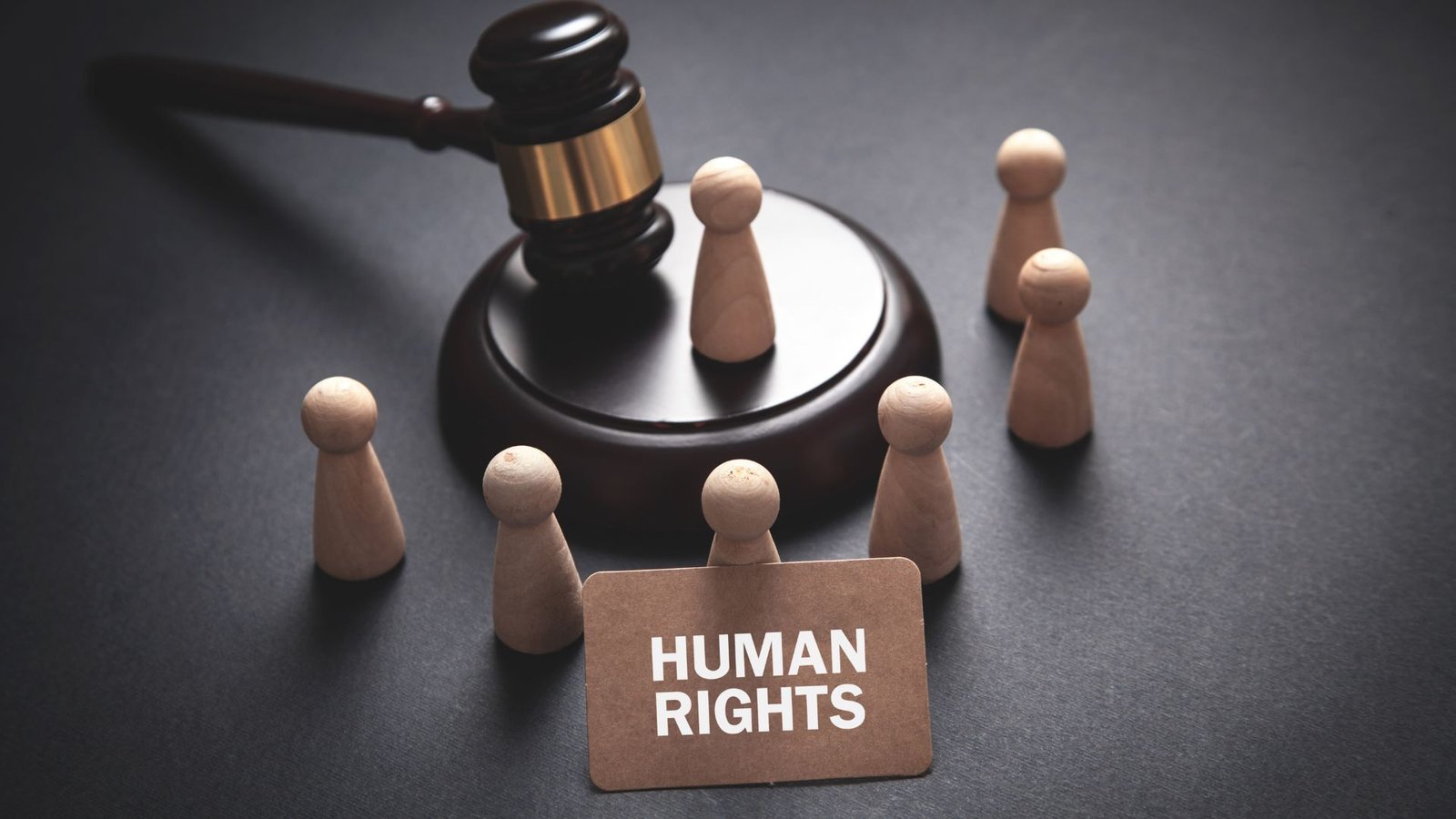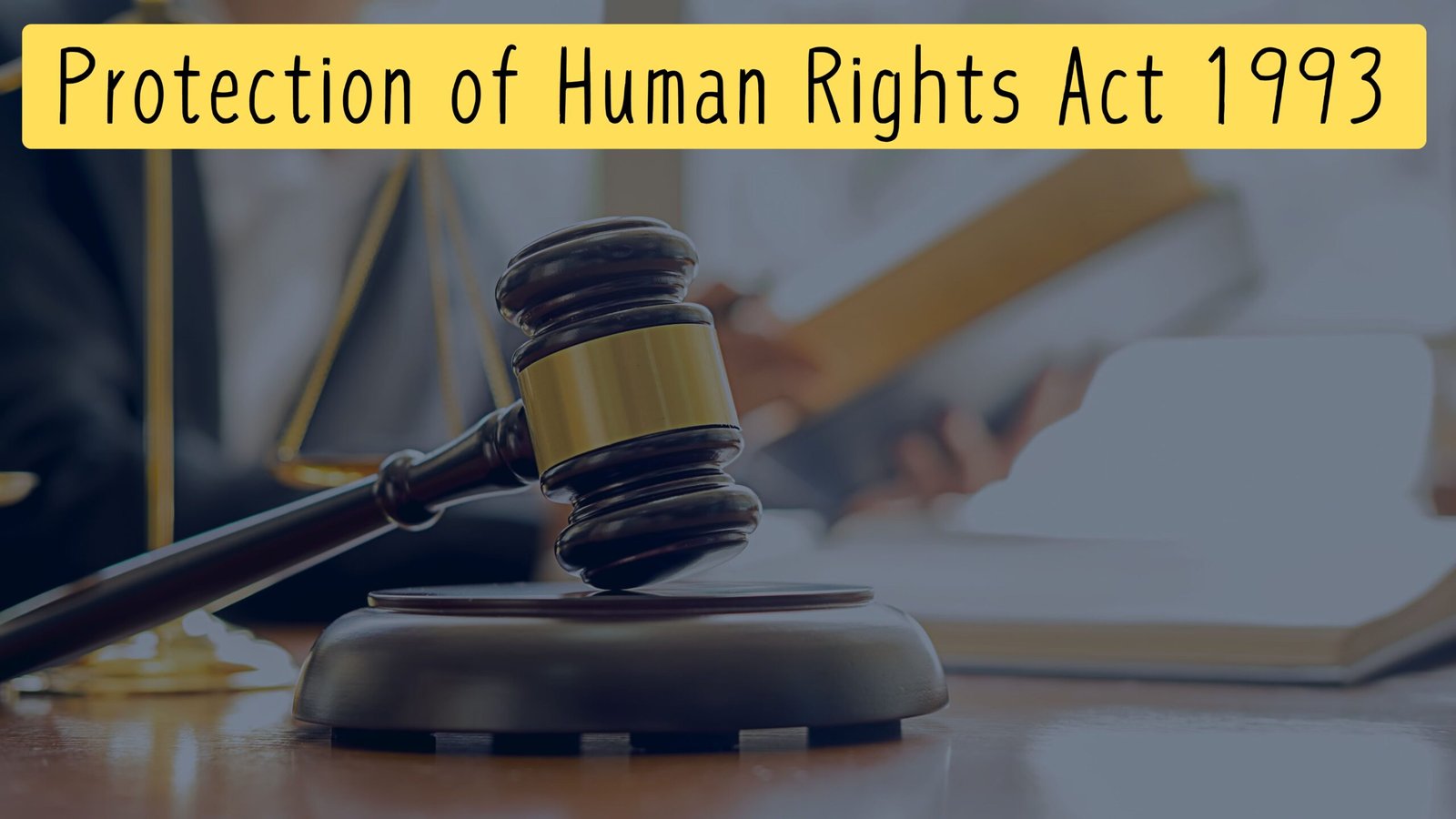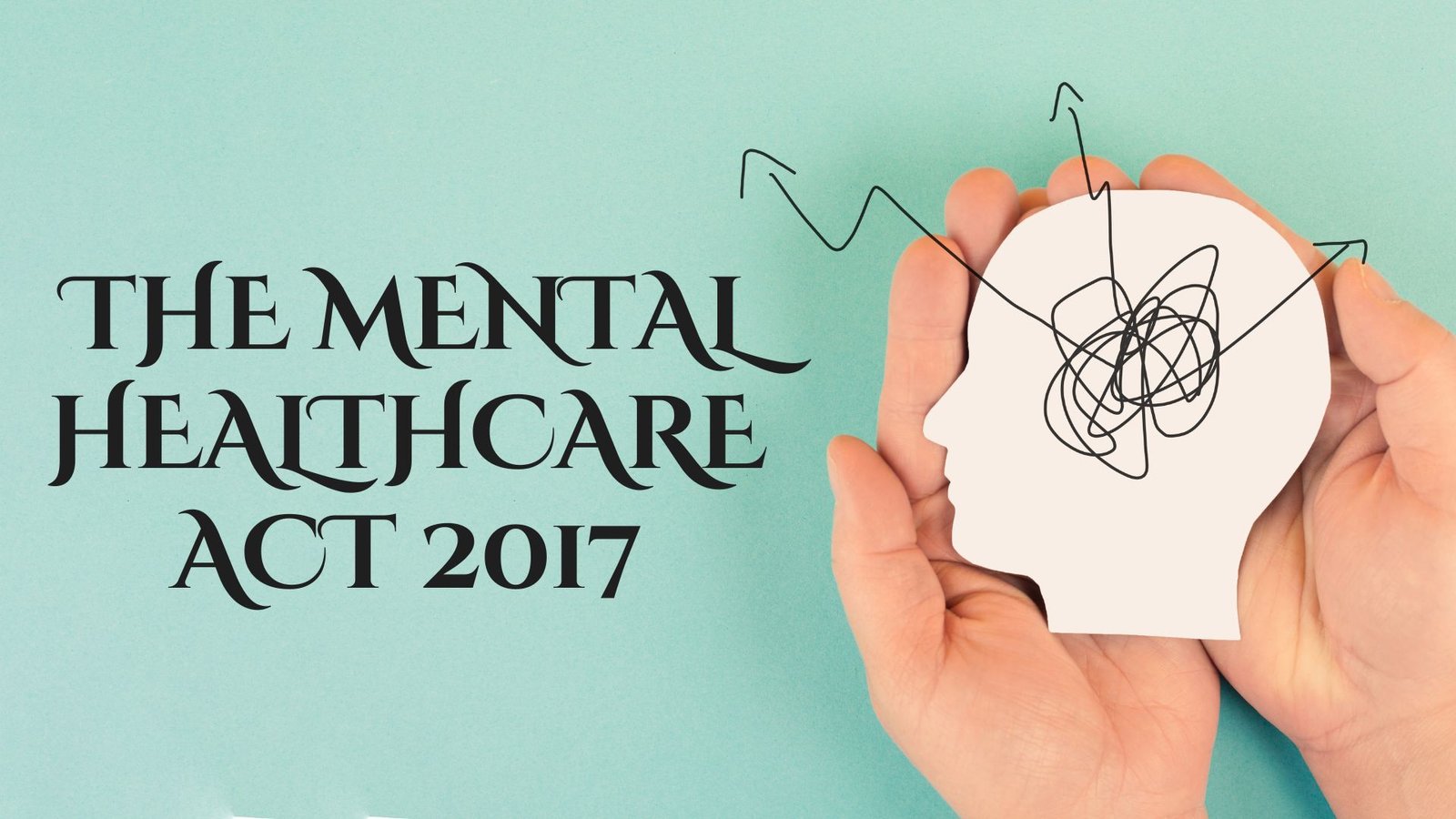On this page you will read detailed information about Protection of Human Rights Act 1993.
As an informed citizen of India, you understand the importance of human rights. The Protection of Human Rights Act, 1993 is a crucial piece of legislation that safeguards the fundamental rights of all Indians. This Act established the National Human Rights Commission, State Human Rights Commissions, and Human Rights Courts. It outlines procedures for inquiring into human rights violations, providing relief and compensation to victims, and spreading human rights literacy. As we approach the 30th anniversary of this Act, reflecting on its key aspects allows you to appreciate the strides India has made in protecting human rights. Examining the Act’s scope, enforcement mechanisms, and impact enables thoughtful evaluation of its role in upholding dignity and justice. Through this exploration, you gain insight into the challenges and opportunities in ensuring human rights for all.
Understanding the Protection of Human Rights Act 1993
The Protection of Human Rights Act, 1993 was enacted by the Indian Parliament to provide for the constitution of a National Human Rights Commission, State Human Rights Commissions and Human Rights Courts. The Act aims to protect and promote human rights in India as enshrined in the Constitution or embodied in the international covenants.
Composition and Powers of the National Human Rights Commission
The National Human Rights Commission (NHRC) comprises of a Chairperson and four members. The Chairperson is a retired Chief Justice of India. The NHRC has the power to investigate complaints of human rights violations, review the safeguards provided by or under the Constitution or any law for the time being in force for the protection of human rights and recommend measures for their effective implementation.
Functions and Duties
The NHRC’s functions include inquiring into complaints of human rights violations, intervening in court proceedings related to human rights, reviewing laws and administrative provisions to ensure their conformity with human rights standards, promoting human rights literacy and advising the government on policy matters related to human rights. The NHRC also has advisory jurisdiction over State Human Rights Commissions.
Limitations
However, the NHRC suffers from some limitations. It lacks the power to penalize the violators of human rights. Its recommendations are not binding on the concerned authorities. The NHRC also cannot investigate allegations against the armed forces. There is lack of awareness about the NHRC and human rights among the people. The government does not provide adequate funds and staff to the NHRC.
To summarize, the Protection of Human Rights Act, 1993 established the NHRC to protect and promote human rights in India. Though the NHRC has taken several initiatives to spread human rights awareness, it still faces many challenges due to limitations in its power and jurisdiction. Strengthening the NHRC can ensure better protection of human rights in India.
Key Features of the Protection of Human Rights Act
Establishment of the National Human Rights Commission
The Act led to the formation of the National Human Rights Commission (NHRC) in 1993. The NHRC investigates complaints regarding violations of human rights and safeguards the rights of individuals. It has the power to intervene in court proceedings relating to human rights.
Protection of Civil and Political Rights
The Act aims to protect the civil and political rights of all individuals, including the right to life and liberty, freedom from torture, equality before the law and freedom of speech and expression. The NHRC monitors the protection of these rights and takes necessary action against any violations.
Guidelines for State Human Rights Commissions
The Central government provides guidelines for the establishment and functioning of State Human Rights Commissions (SHRCs). The SHRCs investigate human rights violations within the state. They submit annual reports to the NHRC.
Powers of the National Human Rights Commission
The NHRC has the authority to inquire into complaints of human rights violations, either on its own initiative or on a petition. It can intervene in court proceedings relating to human rights, and review laws, policies and constitutional provisions to ensure protection of human rights. The NHRC also has the power to recommend compensation and prosecution in cases of human rights violations.
In the previous post, we had shared information about The Mental Healthcare Act of 2017: An Overview, so read that post also.
Promotion of Human Rights Education
The Act aims to promote human rights education in the country. The NHRC works with various educational institutions and organisations to spread human rights literacy and awareness.
To summarize, the Protection of Human Rights Act established a mechanism to protect the fundamental rights of all individuals in India. By forming the NHRC and SHRCs, providing them authority to investigate complaints and monitor human rights, the Act upholds civil, political and constitutional rights of the people. Continuous efforts are made through human rights education to build a rights-respecting society.
Establishment of the National Human Rights Commission
The Protection of Human Rights Act, 1993 led to the formation of the National Human Rights Commission (NHRC) on 12 October 1993. The NHRC was set up to protect and promote human rights in India. It has the power to investigate complaints of human rights violations, review laws and policies, and spread human rights literacy.
Composition and Powers
The NHRC consists of a Chairperson and four members. The Chairperson is a retired Chief Justice of India appointed by the President of India. Two members are also retired judges while the other two members have knowledge or practical experience in human rights. The NHRC has the power to investigate complaints of human rights violations, intervene in court proceedings related to human rights, and review the human rights situation in India. It can also recommend prosecution to the appropriate government or authorities.
Functions
The main functions of the NHRC are to inquire into complaints of human rights violations, spread human rights awareness through workshops and publications, and review laws, policies and international covenants on human rights. It also recommends steps to ensure effective implementation of human rights and submits annual reports to the Central Government and lays them before Parliament. The NHRC has played an important role in protecting the rights of marginalized sections like women, children, Scheduled Castes and Scheduled Tribes.
Limitations
However, the NHRC faces some limitations too. It lacks authority to penalize the violators and enforce its recommendations. It cannot investigate human rights violations by the armed forces. Its funds and staff also need to be enhanced to deal with the large volume of complaints. The appointment process of the Chairperson and members has also been criticized as not being fully independent and transparent.
Overall, the NHRC has taken positive steps to spread awareness about human rights in India despite its limitations. With more autonomy and resources, it can become even more effective in delivering its mandate. By protecting the rights of the marginalized, it contributes to upholding the democratic values enshrined in India’s Constitution.
Functions and Powers of the NHRC
The NHRC has been endowed with broad powers to protect and promote human rights in India under the Protection of Human Rights Act, 1993.
Investigation of Complaints
The NHRC has the authority to investigate violations of human rights or negligence in the prevention of such violations by public servants. It can intervene in any court proceeding involving any allegation of violation of human rights and may visit any jail or other institution under the control of the State Government to study the living conditions of the inmates and make recommendations.
Recommendations and Reports
The NHRC is empowered to review the safeguards provided by or under the Constitution for the protection of human rights and recommend measures for their effective implementation. It submits an annual report to the Central Government and to the concerned State Governments regarding the protection of human rights. The Commission’s recommendations and observations in the report have persuasive value.
Summoning Witnesses and Documents
The NHRC has the power to summon any person or authority and call for information or documents relevant to an inquiry. Witnesses and public servants are legally bound to provide information to the NHRC. Failure to comply with the summons of the NHRC may lead to legal penalties.
Approach to the Supreme Court and High Courts
If the inquiry conducted by the NHRC discloses violations of human rights or negligence by a public servant, it may recommend to the concerned Government or authority for the grant of immediate interim relief to the victim or the members of their family. The NHRC can also approach the Supreme Court or the High Court concerned for directions, orders or writs.
To summarize, the NHRC is responsible for crucial functions such as investigating complaints,conducting inquiries into violations of human rights, reviewing constitutional and legal safeguards, recommending measures to improve the protection of human rights, and approaching higher courts for relief and directions. The powers conferred on the NHRC facilitate the effective discharge of these functions to uphold human rights in India.
Role of State Human Rights Commissions
As per the Protection of Human Rights Act, 1993, every state government is required to constitute a State Human Rights Commission (SHRC) to safeguard human rights at the state level. The SHRCs play an important role in promoting and protecting human rights in the states.
Investigation of Human Rights Violations
The SHRCs have the power to investigate violations of human rights in the state, either on a petition filed by a victim or suo motu (on its own). They can summon witnesses, examine them on oath, and require the production of documents. After investigation, the SHRCs recommend suitable action to be taken against the erring public servants or other individuals.
Spreading Human Rights Literacy
The SHRCs also aim to spread human rights literacy and awareness in the states. They organize seminars, workshops and other awareness programs to educate people about their fundamental rights and remedies available for violation of such rights.
Review of Factors Violating Human Rights
The SHRCs review factors that inhibit the enjoyment of human rights and recommend appropriate remedial measures to the state governments. They study treaties and other international instruments on human rights and make recommendations for their implementation.
Additional Functions
Some additional functions performed by the SHRCs include reviewing safeguards provided by or under the Constitution for the protection of human rights, and reviewing the factors that inhibit the enjoyment of human rights. The SHRCs also undertake and promote research in the field of human rights.
To summarize, the State Human Rights Commissions strive to protect the human rights of the citizens at the state level. Through investigation, recommendations, human rights education and review of related policies, the SHRCs aim to build a society based on justice, equality, dignity and human rights.
Reporting Human Rights Violations Under the Act
To report human rights violations under the Protection of Human Rights Act, 1993, you must follow the proper procedures established by the National Human Rights Commission (NHRC) and State Human Rights Commissions.
The NHRC and SHRCs have the authority to investigate any violation of human rights or negligence in the prevention of such violation. As a citizen, if you witness or experience any violation of human rights, you may submit a complaint to the relevant commission. The complaint should be made in writing and signed, either by you or by any person on your behalf. It should provide the details of the incident, including the date, time, location, names of victims, perpetrators and witnesses.
Upon receiving a complaint, the commission may investigate on its own or assign the complaint to any of its members or officers to carry out a fact-finding investigation. The commission has the power to summon and enforce attendance of any person or document required in connection with the investigation. During the investigation, the commission will hear both the complainant and the organization or individuals accused of the violation.
If the commission discovers evidence that confirms the allegations in the complaint, it may recommend interim relief for the victim(s), disciplinary action against the perpetrating officials, prosecution of offenders, and/or payment of compensation to victims. The commission may also review the safeguards provided by or under any law for the time being in force for the protection of human rights and recommend adoption of new legislation or amendment of existing laws.
Through the complaints procedure established under the Protection of Human Rights Act, 1993, every citizen of India has the power to report human rights violations and seek justice and redressal. By utilizing this mechanism, we can work to strengthen human rights protections, promote accountability of public servants and authorities, and build a society where the rights and dignity of all people are respected.
Criticisms and Shortcomings of the Act
The Protection of Human Rights Act, 1993 was a landmark legislation that established the National Human Rights Commission (NHRC) and State Human Rights Commissions (SHRCs) to safeguard fundamental rights. However, the Act has faced criticism on several fronts over the years.
One of the major criticisms is that the Act does not provide the Commissions enough authority to effectively enforce human rights and protect victims. The Commissions can only make recommendations and do not have punitive powers. Additionally, compliance with the recommendations is not mandatory. This severely limits the ability of the Commissions to ensure remedy and restitution for victims of human rights violations.
Another shortcoming is the limited jurisdiction and scope of the Act. The Act only applies to violations committed by public servants and does not include human rights violations by private individuals or entities. This leaves victims of human rights abuses by non-state actors without remedy. The Act also does not provide protection against socio-economic rights violations like the right to food, health, shelter and education.
Concerns have also been raised over the composition and independence of the Commissions. As per the Act, the chairperson of the NHRC is a retired Chief Justice of India nominated by the central government. Similarly, state governments nominate the chairpersons of SHRCs. This process of selection and the nominees’ previous roles have raised doubts over the independence and neutrality of the Commissions.
To address these criticisms and strengthen human rights protection in India, amendments to widen the scope and jurisdiction of the Act, grant more authority to the Commissions and ensure their independence have been suggested. Overall, while the Act was a positive first step, more needs to be done to create an effective mechanism for safeguarding human rights in India.
Amendments to Strengthen the Act
To address the shortcomings of the Act and improve its effectiveness, several amendments have been proposed. Some of the key amendments needed are:
Strengthening the Human Rights Commission: The Human Rights Commission should be made more autonomous and independent. It should have the power to investigate complaints suo moto without waiting for a petition. It should be able to directly file cases in courts instead of just making recommendations. The appointment process of the chairperson and members of the Commission should be made more transparent and impartial.
Widening the scope of rights: The Act protects only a limited set of fundamental rights. It needs to be expanded to protect other important rights like – right to food, right to healthcare, right to education, etc. These socio-economic rights are essential for leading a life of dignity.
Providing more effective remedies: The remedies provided under the Act like awarding compensation are not sufficiently deterrent. Stricter punishments like imprisonment need to be incorporated for serious and repeated violations. The compensation amounts also need to be substantially increased to make them more meaningful.
Protecting vulnerable groups: Special provisions need to be incorporated to protect the rights of vulnerable groups like women, children, disabled, migrant workers, etc. These groups face higher risks of rights violations and discrimination due to their disadvantaged position in the society.
Making reporting mandatory: Reporting of rights violations by public authorities and institutions should be made mandatory. They should be penalized for failure to report such incidents. Mandatory reporting would help in addressing rights violations that often go unreported and unnoticed.
The proposed amendments, if incorporated, would significantly strengthen the Protection of Human Rights Act. They would help in promoting and protecting the fundamental rights of all citizens in a more comprehensive and effective manner. However, political will is required to push through these much-needed reforms.
FAQs on Protection of Human Rights Act, 1993
In summary, the PHRA established independent institutions to safeguard fundamental rights, promote awareness of human rights and ensure access to justice for all. By filing complaints to the NHRC or SHRC, individuals can uphold the promise of human rights protection enshrined in India’s Constitution.
The Protection of Human Rights Act, 1993 (PHRA) established the National Human Rights Commission (NHRC) and State Human Rights Commissions (SHRCs) in India. The Act aims to safeguard the rights of all individuals, promote and protect human rights, and ensure effective enforcement of constitutional and legal rights.
The NHRC investigates complaints of human rights violations, reviews factors inhibiting the enjoyment of human rights, spreads human rights literacy, and recommends measures for effective implementation of human rights. It has the power to summon witnesses, question any public servant, demand production of documents, and visit any institution under its authority. The NHRC’s recommendations are not binding but carry substantial moral force.
The PHRA upholds all rights enshrined in the Indian Constitution, including the right to equality, right to freedom of speech and expression, right to life and personal liberty, right to education, and right against exploitation. It also aims to protect rights recognized by the Universal Declaration of Human Rights, including civil, political, economic, social and cultural rights of all individuals.
Any person can file a complaint with the NHRC or SHRC regarding violation of human rights. The complaint can be submitted in writing or orally to the Commission’s office. It should specify the details of the incident, persons involved, time and place of occurrence, and any other relevant information. The Commissions can also take suo motu cognizance of human rights violations reported in the media and initiate proceedings. Complaints can be filed free of cost.
In summary, the PHRA established independent institutions to safeguard fundamental rights, promote awareness of human rights and ensure access to justice for all. By filing complaints to the NHRC or SHRC, individuals can uphold the promise of human rights protection enshrined in India’s Constitution.
Conclusion
As we have seen, the Protection of Human Rights Act of 1993 was a landmark legislation in India that aimed to better promote and protect the fundamental rights of all Indian citizens. By establishing the National and State Human Rights Commissions, more robust mechanisms were put into place to investigate and help address allegations of human rights violations. While the Act has had its share of criticisms and challenges over the years, it represented an important step forward in strengthening human rights protections in the country. There is still much work to be done, but the Act provided a framework that can be built upon. We must continue to be vigilant in safeguarding the fundamental rights and dignity inherent in all people. With greater awareness and participation by citizens, India can move closer to fully realizing this noble vision.
Disclaimer
The information and services on this website are not intended to and shall not be used as legal advice. You should consult a Legal Professional for any legal or solicited advice. While we have good faith and our own independent research to every information listed on the website and do our best to ensure that the data provided is accurate. However, we do not guarantee the information provided is accurate and make no representation or warranty of any kind, express or implied, regarding the accuracy, adequacy, validity, reliability, availability, or completeness of any information on the Site. UNDER NO CIRCUMSTANCES SHALL WE HAVE ANY LIABILITY TO YOU FOR ANY LOSS OR DAMAGE OF ANY KIND INCURRED AS A RESULT OR RELIANCE ON ANY INFORMATION PROVIDED ON THE SITE. YOUR USE OF THE SITE AND YOUR RELIANCE ON ANY INFORMATION ON THE SITE IS SOLELY AT YOUR OWN RISK. Comments on this website are the sole responsibility of their writers so the accuracy, completeness, veracity, honesty, factuality and politeness of comments are not guaranteed.
So friends, today we talked about Protection of Human Rights Act 1993, hope you liked our post.
If you liked the information about Protection of Human Rights Act 1993, then definitely share this article with your friends.
Knowing about laws can make you feel super smart ! If you find value in the content you may consider joining our not for profit Legal Community ! You can ask unlimited questions on WhatsApp and get answers. You can DM or send your name & number to 8208309918 on WhatsApp









